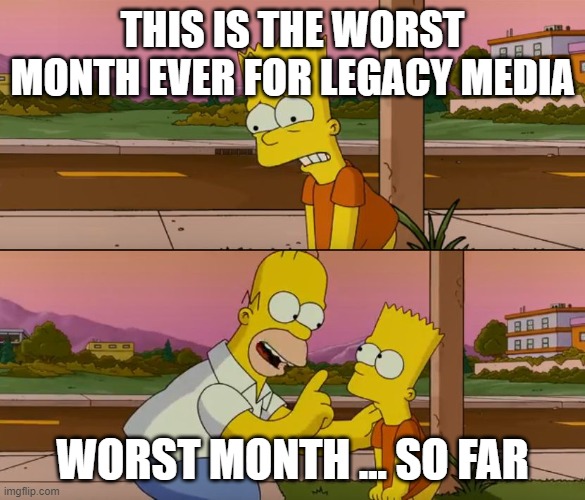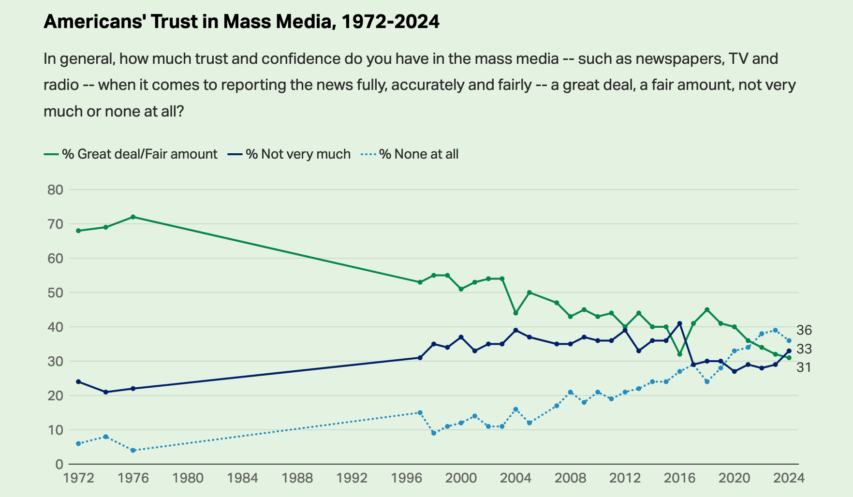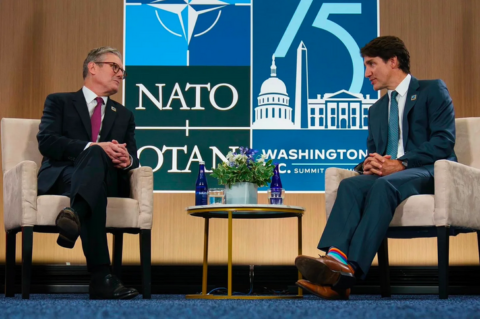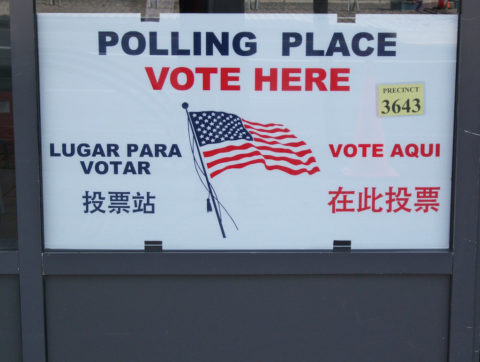Lorenzo Warby decries what he calls “the systematic attack on sense-making”, especially the galloping credentialization of everything in sight partly through the long-running takeover of the universities:

University College, University of Toronto, 31 July, 2008.
Photo by “SurlyDuff” via Wikimedia Commons.
The disastrous dysfunction of our universities is nowhere more obvious than in the Education Faculties and Departments, which have been invaded by systems of toxic nonsense that not only have no pedagogical value, they are actively pedagogically destructive. Ideas that manifest in pedagogical “theories” and “techniques” that not only lack evidence, but actively go against the evidence, yet allow adherents to flatter themselves as noble Social Justice activists.
In 2004, psychologist Richard E. Mayer published in American Psychologist the paper “Should There Be a Three-Strikes Rule Against Pure Discovery Learning?: The Case for Guided Methods of Instruction”. In it, he decried the way Education academics kept re-packaging ideas that have been shown, again and again, not to work.
Fast forward to 2023 and the National Assessment Program – Literacy and Numeracy (NAPLAN) results show that about a third of Australian school children have inadequate literacy. The Australian Education Minister announces a A$12bn package to, among other things, essentially bribe the public school systems to bring in explicit instruction — an effective approach to pedagogy in line with what psychologists have shown across decades to work. This would replace the — yet again repackaged — notions pushed by Education academics that do not work and which appear to be on their fourth or fifth iteration. So, no, three strikes were not enough.1
Sympathetic reviews of Isaac Gottesman’s The Critical Turn in Education applaud the sets of ideas he discusses as flowing through Education academe. Yet they are all sets of ideas not only without pedagogical value, but that are actively pedagogically toxic.
All of this colonising of Education Faculties — and then of school systems — of pedagogically disastrous ideas has been done on the basis of massive bad faith. This process of colonisation pushed ideas that did not remotely reflect the view of the citizens that were paying for all this and who entrusted their children to ideologically-colonised school systems.
Ideas that have no evidentiary basis worth mentioning to support them: indeed, went systematically against the available evidence. Ideas, moreover, that actively seek to increase social dysfunction so that the oppressive “dross” of contemporary societies can be burnt away and the transformational future can emerge like gold from the ashes: i.e., social alchemy theory.
Hence the systematic attack on the mechanisms for adjudicating facts, and on mechanisms of accountability.
Much of the anti “disinformation” push — also coming out of the universities — is about protecting preferred ways of looking at the world from inconvenient criticism and inconvenient concerns. Fake news, even on a broad definition, is a tiny proportion (0.15 per cent) of US daily media consumption, and is dwarfed by consumption of mainstream news. It is a prop of convenience.
The convenient-moral-panic campaigns to block “disinformation” also go against both historical and scholarly evidence that censorship tends to promote conspiracism and entrench views among the censored. The hate speech laws of Weimar Germany enabled prosecuted Nazis to play the martyr game.
Cargo cult grant structures
There is a lot one could say about the institutional problems that gave rise to all this academic dysfunction. For instance, the innovation cargo cult that has led to spurious academic “innovation” funded by grants. Grant structures that have had many invidious effects — including, via daft citation metrics2 and straightforward financial interest, the replication crisis — and massive waste of public funds on toxic nonsense.
Universities and mainstream media want to maintain their authority, while evading responsibility for what they have done to destroy that authority.
1. Australia has had public schools since the 1850s. Apparently, they still have not yet learnt to reliably teach students adequate literacy. Let that sink in. (In reality, it is worse than that, their performance has regressed.)
2. Citation metrics that replace what is useful — good teaching — with what is public while also enabling idea laundering.

















